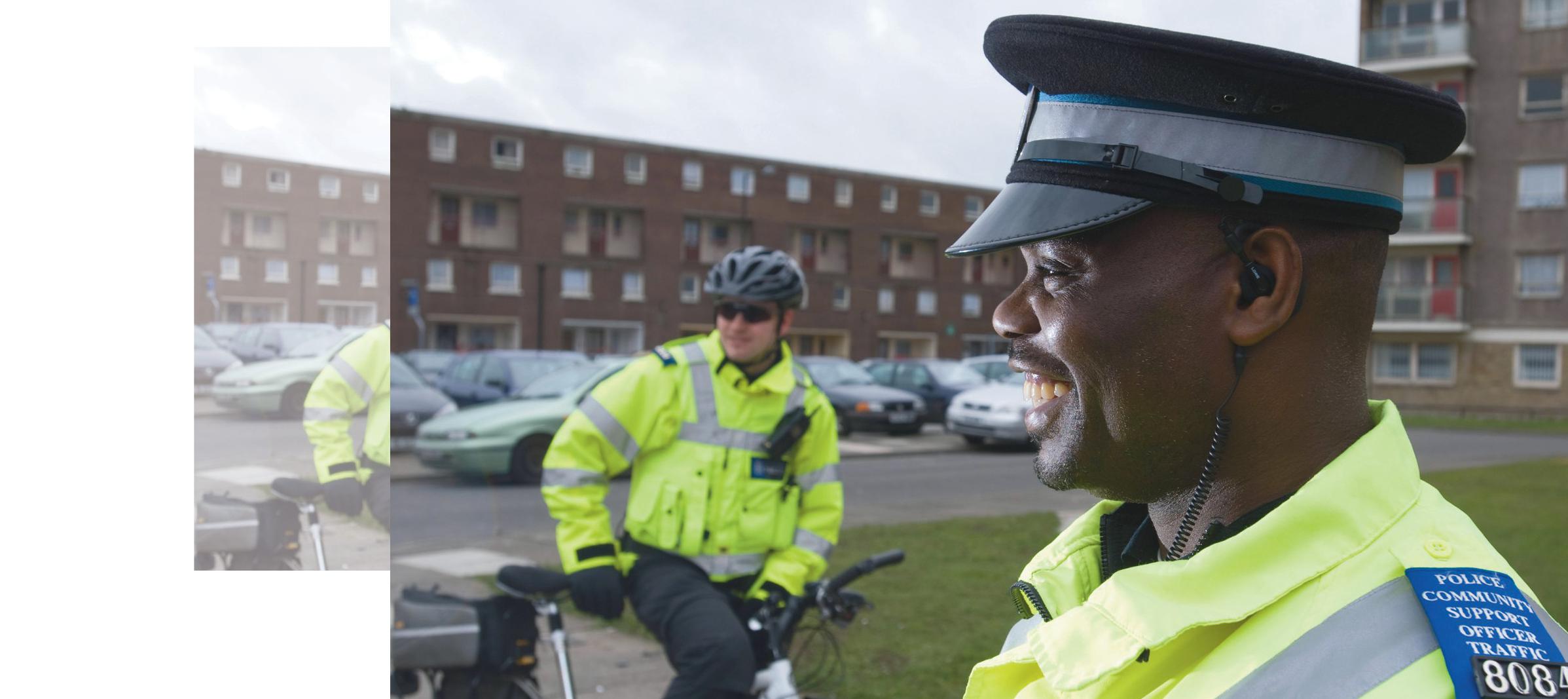
The way in which a democratic society is policed is obviously of interest to all citizens — and of course to sociologists. The role of the police is a crucial dimension of the crime and public security question. This is particularly the case at a time when terrorist threats, rapid social change, debates about public order and proposed reductions to the number of police officers due to spending cuts have made the nature of policing a significant political issue. When discussing policing, it is not often our readers hear a voice speaking ‘from the inside’. Here, however, a former chief constable summarises what he views as some of the major changes in policing in the past few decades, and some of the reasons for these changes. Many of the events referred to here are still the subject of debate and controversy. This article, which should be of interest to all students, shows how the nature of policing cannot be divorced from its social, political and cultural context.
The modern police service has a relatively short history, dating back only to 1829 and the creation of the Metropolitan Police by Sir Robert Peel, the then home secretary. Conscious of backbench concerns that the new police would represent too much central government control of law and order, Peel carefully crafted the new hierarchical organisation onto the existing old parish constable system.
Your organisation does not have access to this article.
Sign up today to give your students the edge they need to achieve their best grades with subject expertise
Subscribe




